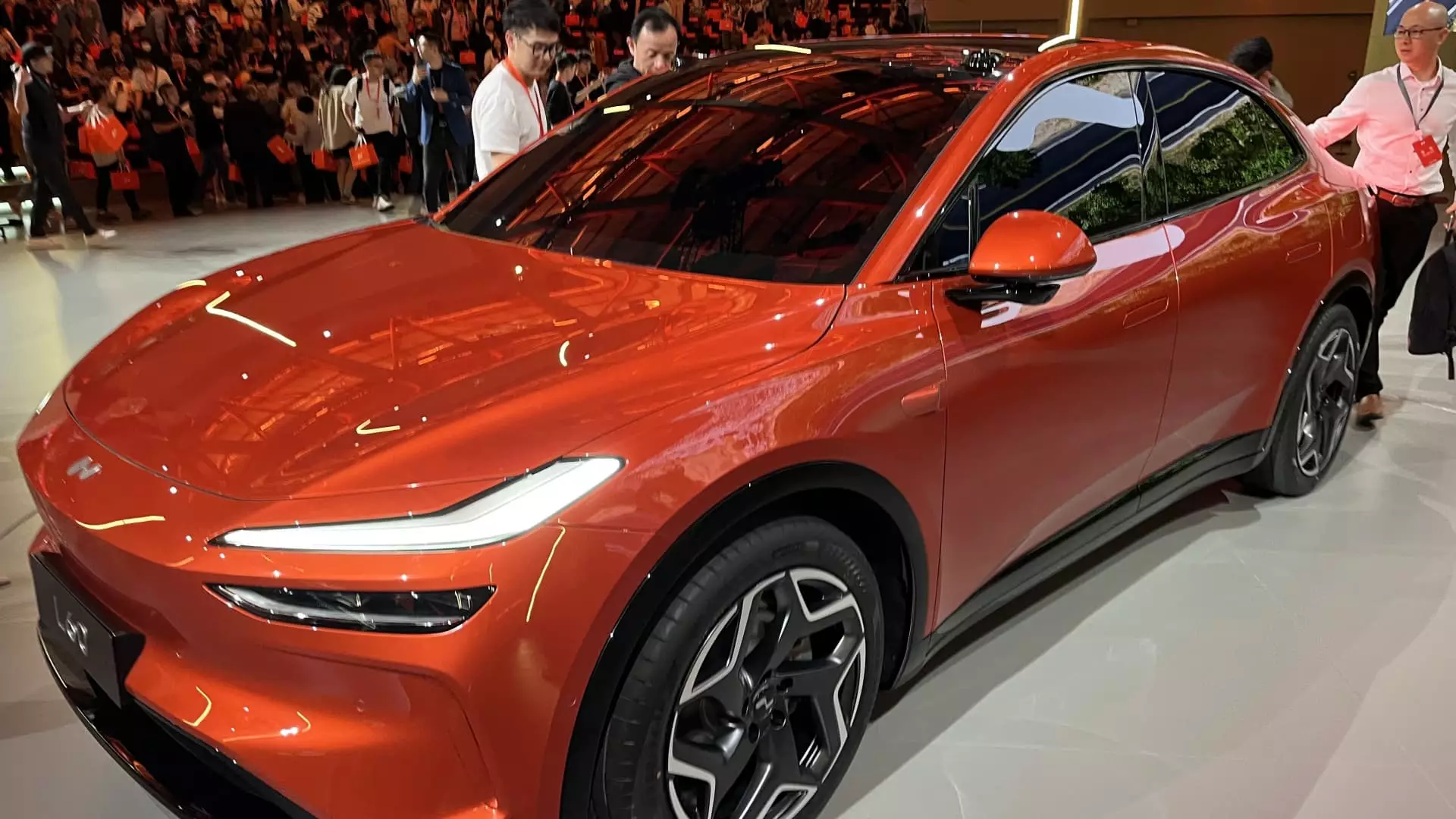Chinese electric car company Nio is making waves with its plans to expand to the Middle East this year, as announced by CEO William Li. The company, which has been operating for nearly a decade, is gearing up to introduce its lowest-cost brand, Firefly, in the first half of next year. This move comes on the heels of Nio’s record-high deliveries of 20,544 vehicles in May, signaling the company’s growing presence in the global electric car market.
Nio’s decision to venture into the Middle East is strategic, as the region presents a lucrative opportunity for electric car manufacturers. By starting operations in the United Arab Emirates by the end of this year, Nio aims to tap into a new market while also catering to its existing customer base in China and parts of Europe. With a focus on the higher-end market, Nio aims to set itself apart from competitors by offering premium electric vehicles that cater to discerning consumers.
As competition in the Chinese electric car market heats up, Nio faces stiff competition from rivals like BYD and Tesla. BYD, for instance, has already made inroads into the Middle East, setting up a showroom in Dubai Festival City as part of a collaboration with Al-Futtaim Electric Mobility Company. This signals the company’s commitment to expanding its global footprint and reaching new customers in the region.
To stay ahead in the competitive electric car market, Nio recently launched a lower-priced brand called Onvo in May. The Onvo L60 SUV, priced at 219,900 yuan, aims to compete with offerings like Tesla’s Model Y. Additionally, Nio is gearing up to introduce an even more affordable brand, Firefly, in the first half of next year. These strategic moves demonstrate the company’s commitment to catering to a wider range of customers while also maintaining profitability.
Despite facing losses in recent years, Nio remains focused on innovation and growth. The company’s research and development expenses in the first quarter were 2.86 billion yuan, highlighting its commitment to developing cutting-edge electric vehicles. Moreover, Nio is investing in upgrading its existing infrastructure, with plans to spend about 200,000 to 300,000 yuan on each of its older battery swap stations to make them compatible with its new Onvo cars.
Nio’s expansion to the Middle East and the launch of its lower-priced brands demonstrate the company’s ambition to become a global leader in the electric car market. By focusing on innovation, customer satisfaction, and strategic investments, Nio is positioning itself for long-term success in a rapidly evolving industry. With stiff competition and changing consumer preferences, Nio’s ability to adapt and innovate will be critical in maintaining its competitive edge in the years to come.

